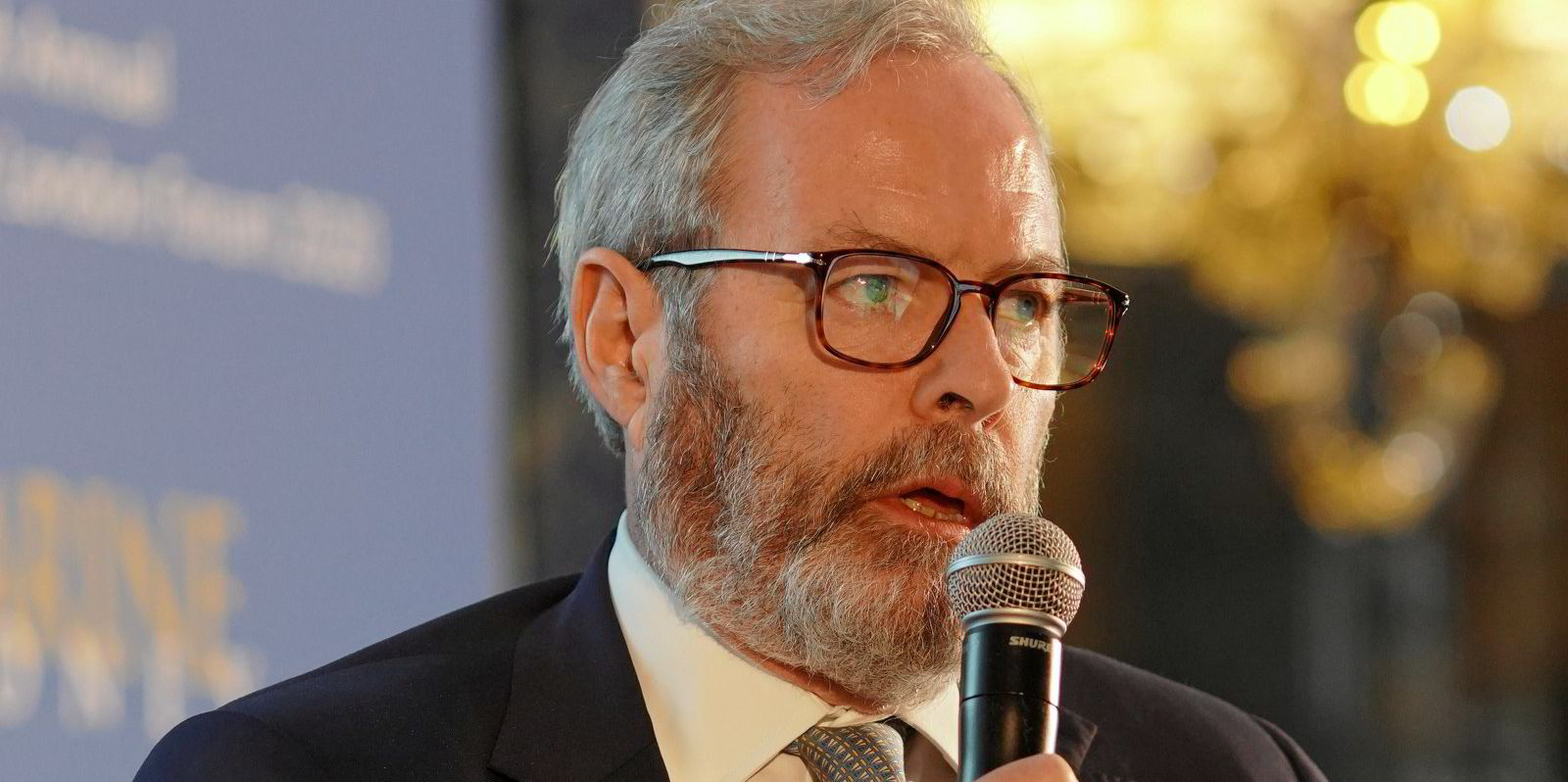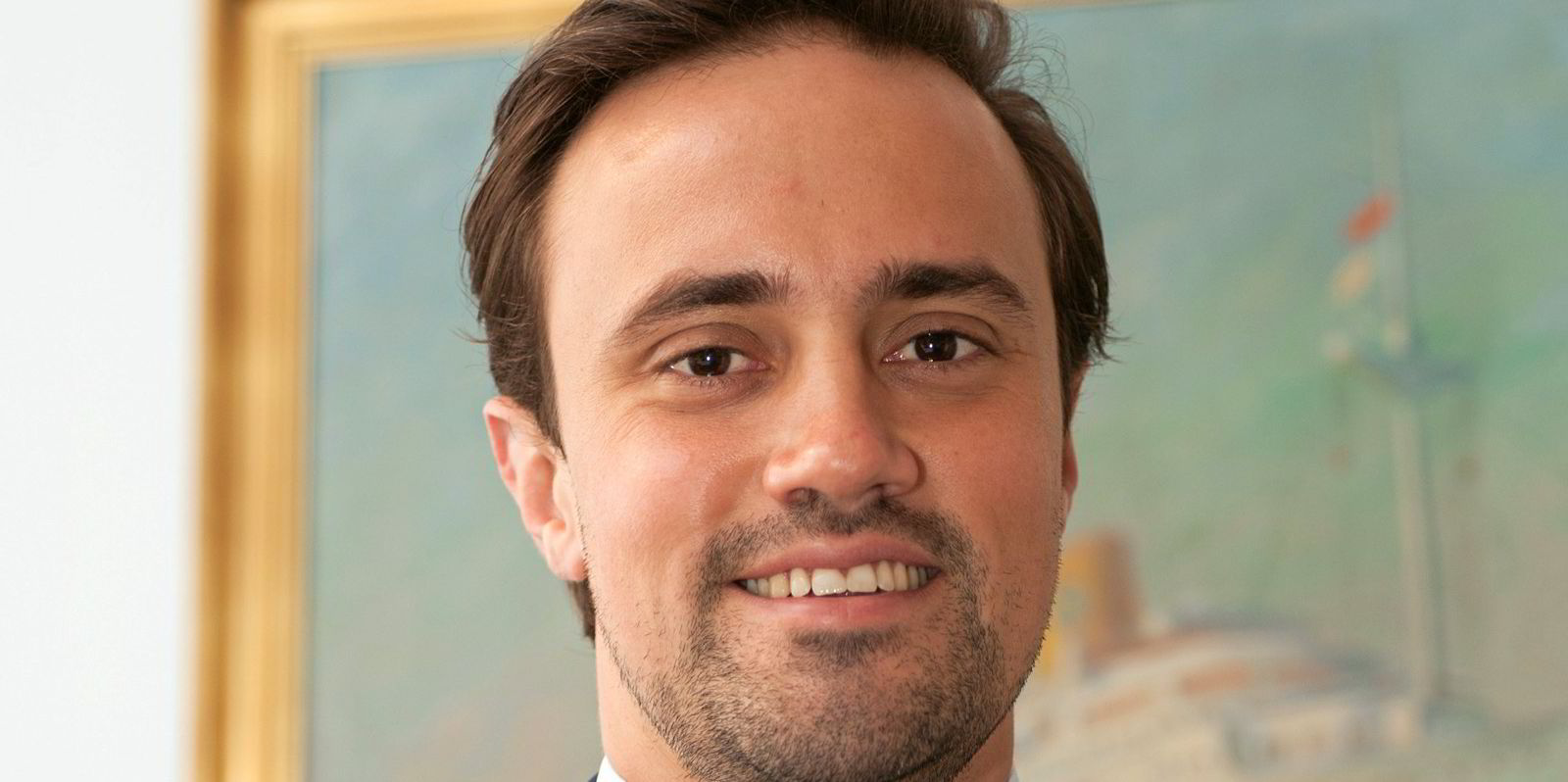A big question facing the Poseidon Principles is whether Chinese lenders will sign on to the initiative.
Concerns that the framework — currently with 24 signatories based in the global West and Japan — will not be as effective without China are overblown, according to Citi banker Michael Parker.
He told TradeWinds that he expects Chinese lenders and others in Asia to become signatories “in the next few months”.
“I do think that they probably will all move as one, given their ownership,” Parker said.
“That is the work we are continuing … to stay in regular touch with them in order to bring them on board.”
Most of the initial signatories to the principles, whose members commit to reporting the emissions profile of their shipping portfolios in an effort to help the industry meet the International Maritime Organization’s carbon cut targets, are based in Europe.
The group represents a considerable force in environmental, social and governance matters in shipping.
Japanese lenders have signed on recently, with Shinsei Bank, MUFG Bank, two Sumitomo Mitsui Financial Group companies and SuMi Trust Bank joining. The Poseidon Principles hopes South Korean institutions will join soon.
As it stands, the signatories have lent $175bn to the industry, roughly half of all shipping debt.
But there have been concerns that the Poseidon Principles would not be an effective way to reform the industry without buy-in from China, the world’s largest emitter of CO2 and a major shipowning and shipbuilding country.
Parker said China follows the IMO’s lead, and the Poseidon Principles are based on the IMO’s carbon emissions targets.
Further, Chinese President Xi Jinping told the United Nations General Assembly last September that China is targeting peak CO2 emissions by 2030 and aims for carbon neutrality by 2060.
The goals were outlined in a draft version of the country’s five-year plan circulated in March, which will eventually serve as its blueprint for economic policy.
Parker said Poseidon Principles leaders had two in-person meetings with Chinese lenders in 2019, but the Covid-19 pandemic has kept the framework’s leadership from doing any more.
“I think we got a lot of support in principle. [They had] a lot of empathy and understanding on what we’re doing,” he said.
“What we’ve lost is that personal interaction we had before and haven’t had in 2020.”







